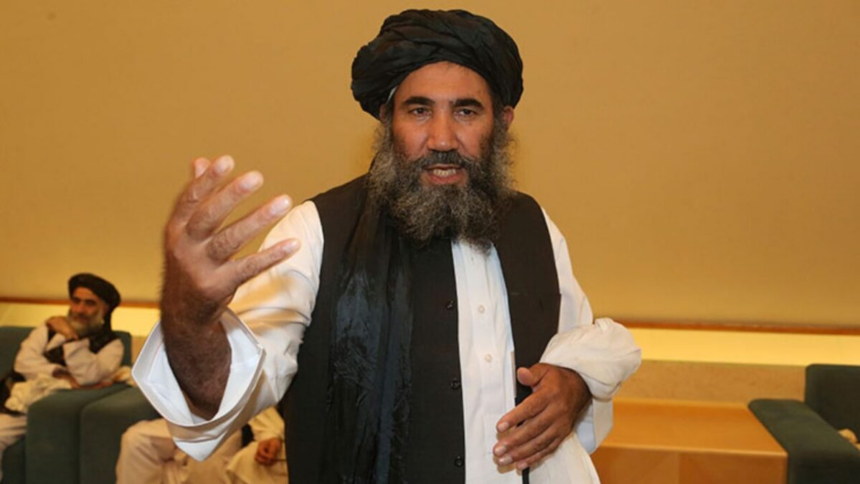RASC News Agency: Abdul Salam Zaeef, a former Taliban ambassador to Islamabad and a well-known figure within the group, has issued a rare and pointed criticism of the Taliban leadership, stating that genuine reform in society must begin with self-transformation. In a recent post on the social media platform X, Zaeef invoked a prophetic tradition that says, “People follow the religion and behavior of their rulers,” to stress the imperative of moral integrity among leaders if meaningful societal reform is to take place. Zaeef, who has previously voiced criticism of Taliban leader Mullah Hibatullah Akhundzada and the group’s authoritarian policies, underscored in his latest statement that personal reform is the cornerstone of broader societal change. He emphasized that when rulers conduct themselves with justice, humility, and moral clarity, their citizens are more likely to emulate such values. In stark contrast, oppressive and lawless leadership fosters a culture of fear, apathy, and blind obedience.
His remarks come at a time when the Taliban regime has plunged Afghanistan into one of the worst socio-political crises in recent history. The group’s hardline policies, especially those targeting women, minorities, and dissenters, have drawn widespread condemnation from domestic civil society groups as well as the international community. Zaeef’s statement, therefore, appears not just as personal reflection but as a veiled indictment of a regime increasingly viewed as authoritarian, unaccountable, and disconnected from Islamic ethical principles. Zaeef has a history of challenging Taliban orthodoxy. In December last year, he published a poetic critique that implicitly condemned the group’s leadership style, warning that “when reason is overpowered, selfish decisions lead to disastrous consequences.” He has repeatedly spoken out against what he terms “despotic governance,” arguing that Taliban leaders consider themselves above the law and refuse to be held accountable by the very people they claim to serve.
In another biting commentary, Zaeef lamented the regime’s culture of impunity, asserting that “despotism has stolen the courage to speak truth from the people.” These remarks reflect a growing unease within some former Taliban ranks about the movement’s trajectory since its return to power in August 2021. Zaeef’s voice carries weight, not only because of his long-standing involvement in the Taliban movement during its first reign in the 1990s, but also due to his personal journey. After the fall of the first Taliban regime in 2001, he was arrested in Pakistan and transferred to the U.S. detention facility in Guantanamo Bay. Released in 2005, he later reentered public life and founded a religious institute in Kabul during the presidency of Hamid Karzai, advocating for peaceful religious discourse and political reform.
His current remarks signal a possible ideological fissure within the Taliban’s upper echelons. They come as millions of Afghanistanis continue to suffer under the regime’s draconian restrictions, economic mismanagement, and gender-based apartheid. International observers have noted that such internal criticisms, while still rare, may indicate a subtle but growing resistance to the regime’s unchecked power and theocratic absolutism. At a time when civil liberties are being systematically dismantled, Zaeef’s statement acts as both a moral indictment and a call to conscience for those within the Taliban who have yet to reconcile their faith with their governance. His message resonates: if the Taliban truly seeks legitimacy, both at home and abroad, reform must begin with themselves.






